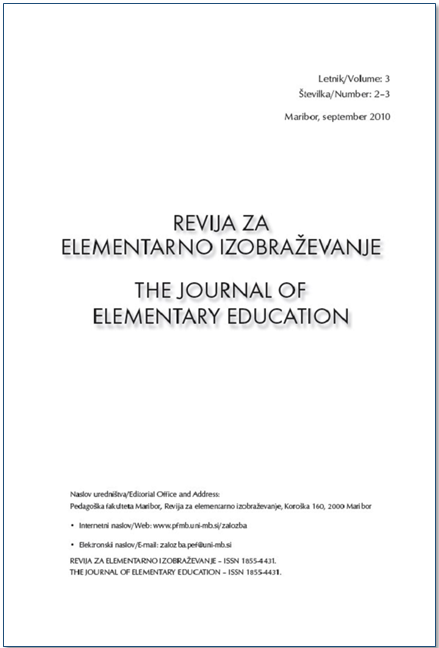Ciklični in linearni koncept časa v folklorni književnosti
Abstract
Cyclical and linear concept of time in folk literature. Not only individual life, the human perception of the universe on one side and the perception of the religious systems and ethical values on the other are thoroughly defined by Time. Both Space and Time compose basic categories in philosophy. An ontological point of view shows that the Literature, similar to the Permorming Arts, is also Time defined. In the domain of the Literature we can separate Cyclical time from the Linear and both from the Eternal time. Cyclical time is based on the earliest Temporarity Idea, it is connected with the Great Goddess and with the Feminine. Linear time is tightly connected to the monotheist religions, headed by the God the Father. The following text is focused on some ancient mythological motifs (the Delphi Oracle, the Deluge myth, the Orpheus myth, the Teiresias prophet mofif), where the transition from the feminine to the masculine Deities is consequently performed, but remained as strong to produce fierce conflicts. Similar motifs are found in Slovenian folk literature (Šembilja, Birth Fairies, Fate Fairies, the Deluge, the Musician at the entrance to Hell), but the feminine principle is far more smudged and reduced to the extent where typical contradictions are not traceable anymore. The described transformations were so thorough and irreversible that they undoubtedly altered the essence and the character of the civilisation forever.
Downloads
Downloads
Published
Issue
Section
License
Copyright (c) 2010 The Journal of Elementary Education

This work is licensed under a Creative Commons Attribution-NonCommercial-NoDerivatives 4.0 International License.
